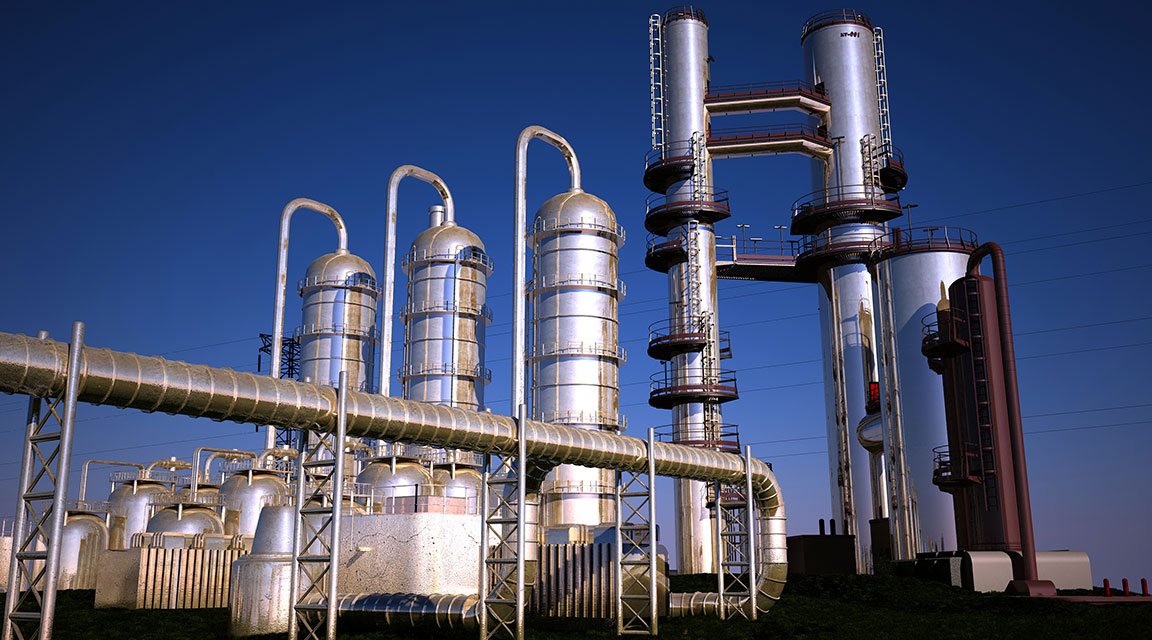

Iraq’s $7.3bn Karbala New Refinery project is at a standstill as the consortium of contractors that was awarded the contract to build it wait for payments.
The consortium, led by South Korea’s Hyundai Engineering & Construction, stopped work on the project in early 2017 due to Iraq’s State Company for Oil Projects (Scop) failing to make payments, according to industry sources close to the project.
“No serious work is going on,” said one source. “Work on the mechanical elements and the control systems has all stopped since Hyundai walked out.”
“The South Koreans have made it very clear that they aren’t going to return to the project unless they get paid what they are owed.”
Scop has been unable to pay Hyundai what it is owed because of budget constraints in Baghdad, according to the source.
Hyundai E&C won the contract as part of a consortium in January 2014.
The other companies in the consortium are GS E&C, SK E&C, and Hyundai Engineering.
All four are based in South Korea.
France’s Technip carried out the front end engineering design (Feed) for the project and is now project management consultant (PMC) for the project.
Technip declined to comment on the status of the Karbala refinery, saying that information about the project’s progress is “highly confidential”.
Since the South Korean consortium stopped work on the project Scop has had to implement a costly mothballing plan, according to sources.
As part of the plan large rotating shafts that have been procured are regularly turned so that they do not deform whilst in storage and some equipment is being stored in air conditioned facilities.
“All of the equipment and special units are on site where they are being stored in warehouses,” said another source.
“There are regular checks on all the units that are in storage to make sure that they are being stored appropriately and aren’t being damaged.”
There are also concerns that the long-term storage of procured equipment and units could have an impact on manufacturer warranties.
“The manufacturers expect that these items will be put into use after a relatively short amount of time and the warranties that they give reflect this,” said one source.
"Warranties could be a big headache as this project drags on.”
There are some parts of the project that the South Korean consortium could restart work on in the near future.
In December MEED revealed that Trade Bank of Iraq (TBI) had received the mandate to raise a $2bn loan for the Karbala Refinery along with Bahrain-based Ahli United Bank and Germany’s Deutsche Bank.
“The South Korean companies in the consortium are maintaining a dialogue with Baghdad and it is hoped that they will restart work on the project soon,” said one source.
Currently only local subcontractors are working on the project according to sources.
“Since the South Koreans stopped working on the project only very minor civil aspects have seen progress,” said one industry source. “It’s just enough to give the casual observer the impression that the project is still moving.”
The Karbala New Refinery Project is a key part of Iraq’s downstream strategy. It is being constructed 100km south of Baghdad on a 6 sq km site.
Under current plans it will have a capacity of 140,000 barrels a-day (b/d) and will be the country’s most technically advanced refinery.
The Karbala refinery is one of many downstream projects that have stalled over recent years as Baghdad has struggled with budget problems amid lower global oil prices and higher spending on its war with Islamic State in Iraq and Syria (Isis).
In June 2017 Deputy Oil Minister Fayyad al-Nima said that Iraq is planning to triple its refining capacity from just over 500,000 b/d to 1.5 million b/d.
You might also like...

Red Sea Global awards Marina hotel infrastructure
18 April 2024

Aramco allows more time to revise MGS package bids
18 April 2024

Morocco tenders high-speed rail project
18 April 2024
A MEED Subscription...
Subscribe or upgrade your current MEED.com package to support your strategic planning with the MENA region’s best source of business information. Proceed to our online shop below to find out more about the features in each package.





